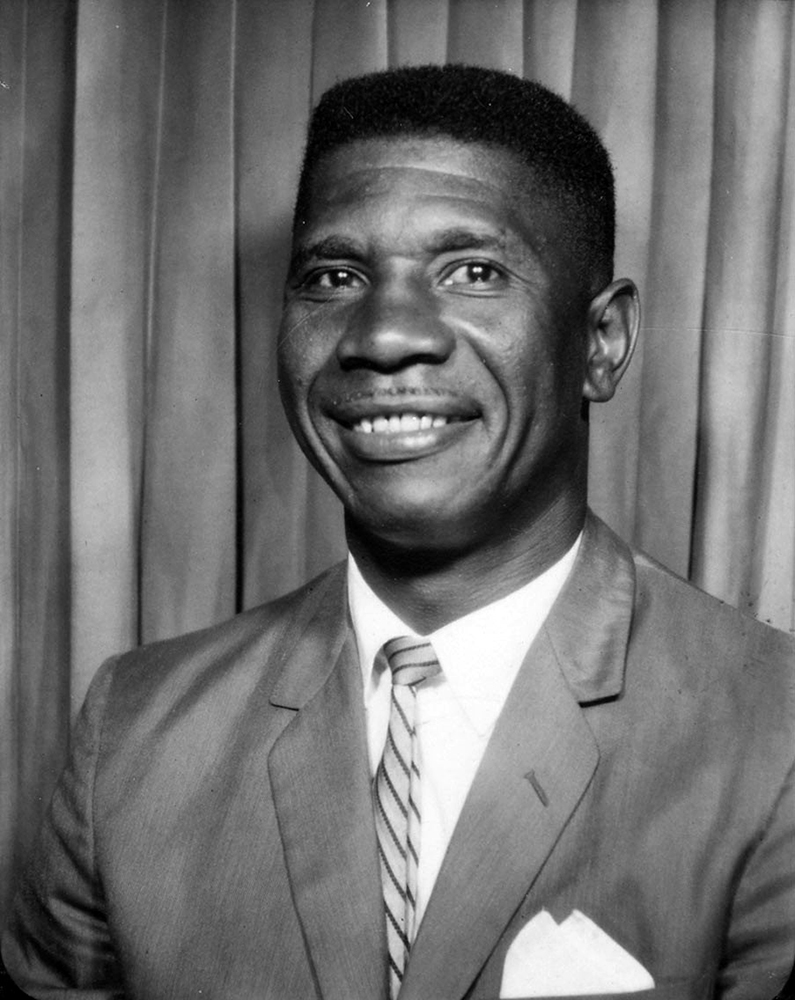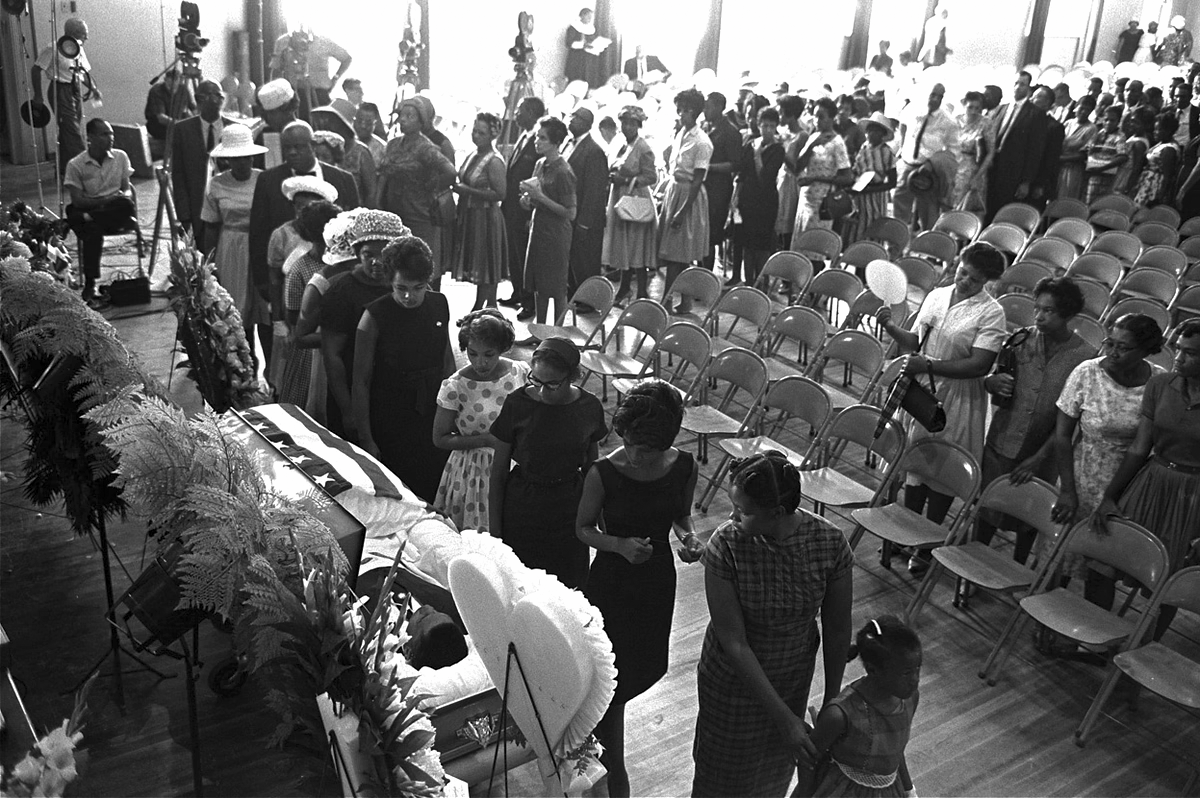Medgar Evers (1925-1963) was a prominent civil rights activist in the United States who played a crucial role in the fight against racial segregation and discrimination. He dedicated his life to advocating for equal rights and opportunities for African Americans, particularly in the state of Mississippi.
Born on July 2, 1925, in Decatur, Mississippi, Evers served in the United States Army during World War II. After his military service, he enrolled at Alcorn Agricultural and Mechanical College (now Alcorn State University) and became involved in civil rights activism. In 1954, he became the first NAACP field secretary in Mississippi, working to recruit members and organize local chapters. Evers’ work in Mississippi was met with significant opposition and threats from white supremacists who vehemently opposed desegregation efforts. He faced constant danger and endured numerous acts of intimidation, including bombings and the burning of crosses on his property.

One of Evers’ notable achievements was his involvement in the investigation of the murder of Emmett Till, a 14-year-old African American boy who was brutally killed in Mississippi in 1955 for allegedly whistling at a white woman. Evers worked tirelessly to gather evidence and support the prosecution of the accused perpetrators. Although the men responsible for Till’s murder were acquitted, the case gained national attention and became a catalyst for the civil rights movement. Evers also focused on voter registration and led efforts to combat disenfranchisement in Mississippi. He organized voter registration drives and encouraged African Americans to exercise their right to vote, despite facing numerous barriers and acts of violence aimed at suppressing their participation.
Tragically, on June 12, 1963, Medgar Evers was assassinated outside his home in Jackson, Mississippi. Byron De La Beckwith, a white supremacist, and member of the Ku Klux Klan, was charged with Evers’ murder. However, it was not until 1994 that he was finally convicted of the crime. Evers’ assassination sparked outrage and further galvanized the civil rights movement. His death became a rallying cry for activists across the country, leading to increased support for the passage of the Civil Rights Act of 1964.

Medgar Evers’ legacy lives on as a symbol of courage, resilience, and dedication to the pursuit of justice and equality. His contributions to the civil rights movement continue to inspire future generations in their ongoing fight against racism and discrimination.

